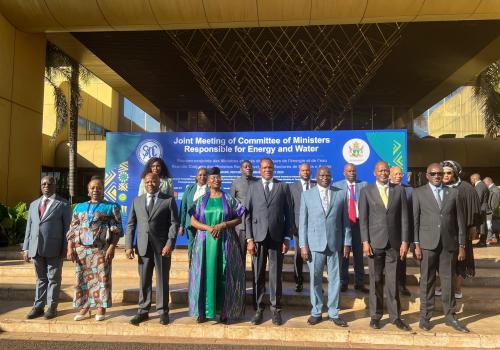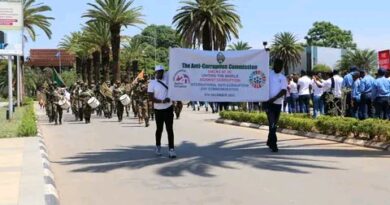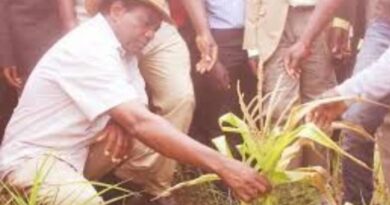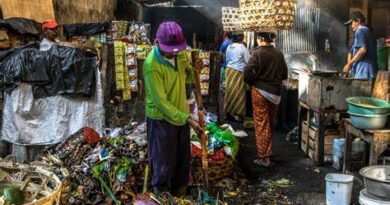SADC Ministers Unite to Fast-Track Energy Reforms and Water Security Across Southern Africa
The Southern African Development Community (SADC) has reaffirmed its commitment to regional integration and sustainable development by calling for accelerated implementation of energy and water sector reforms. This call was made during the Joint Meeting of Ministers Responsible for Energy and Water, held from June 30 to July 4, 2025, in Harare, Zimbabwe.
The high-level gathering brought together ministers and senior officials from across the region to review progress, share experiences, and adopt resolutions aimed at addressing pressing energy and water challenges. The event also featured a High-Level Dialogue on the Grand Inga Hydropower Project, the Congo River Water Transfer Concept, and the SMART Clean Cooking Initiatives.
The week-long meeting culminated in the celebration of the 30th anniversary of the Southern African Power Pool (SAPP), the continent’s oldest and most active power trading platform.
In his opening remarks, SADC Executive Secretary H.E. Mr. Elias M. Magosi noted progress in regional energy development, with 2,885 MW of new generation capacity added during 2024–2025. However, he also highlighted a remaining shortfall of 4,210 MW across nine interconnected Member States, attributed to El Niño-induced droughts, aging infrastructure, and limited transmission capacity.
Key resolutions from the meeting include:
- Urgent ratification of the Amended Protocol on Energy, with Member States such as South Africa, Zimbabwe, Mauritius, and Namibia urged to complete the process by August 2025.
- Acceleration of major generation and transmission projects, including the Inga III Transmission Line Project.
- Advancement of RETRADE-SA, a decarbonisation and regional electricity market expansion project in collaboration with the World Bank.
- Operationalisation of SACREEE, including the ratification of its intergovernmental agreement and implementation of the 2025–2029 Business Plan.
- Development of a Just Energy Transition (JET) Framework, with a strong emphasis on clean cooking initiatives, especially recognising Tanzania’s leadership in this area.
In the water sector, ministers acknowledged significant progress in several transboundary projects such as the Lesotho Highlands Water Project (Phase II), the Songwe River Basin Programme, and the Lesotho-Botswana Water Transfer Project. Groundwater initiatives benefiting over 600,000 people across 13 Member States were also praised.
Key decisions included:
- Endorsement of the 2025 Regional Water Policy, set to be adopted by the SADC Council of Ministers in August.
- Development of an integrated programme on the Congo River Water Transfer and Grand Inga Project.
- Review and update of the Revised Protocol on Shared Watercourses (2000) to align with the new policy and address financial mechanisms like infrastructure royalties.
Closing the meeting, Zimbabwe’s Minister of Lands, Agriculture, Fisheries, Water and Rural Development, Hon. Dr. Anxious Jongwe Masuka, stressed that access to energy and water is a fundamental human right and a cornerstone of public health and economic growth.
“It is time to move from strategy to execution. The people of our region deserve results,” Dr. Masuka stated.
Ministers concluded the meeting with strong calls for enhanced cooperation, innovative financing, and urgent action to meet the growing demands of the region, ensuring a resilient and prosperous Southern Africa.



